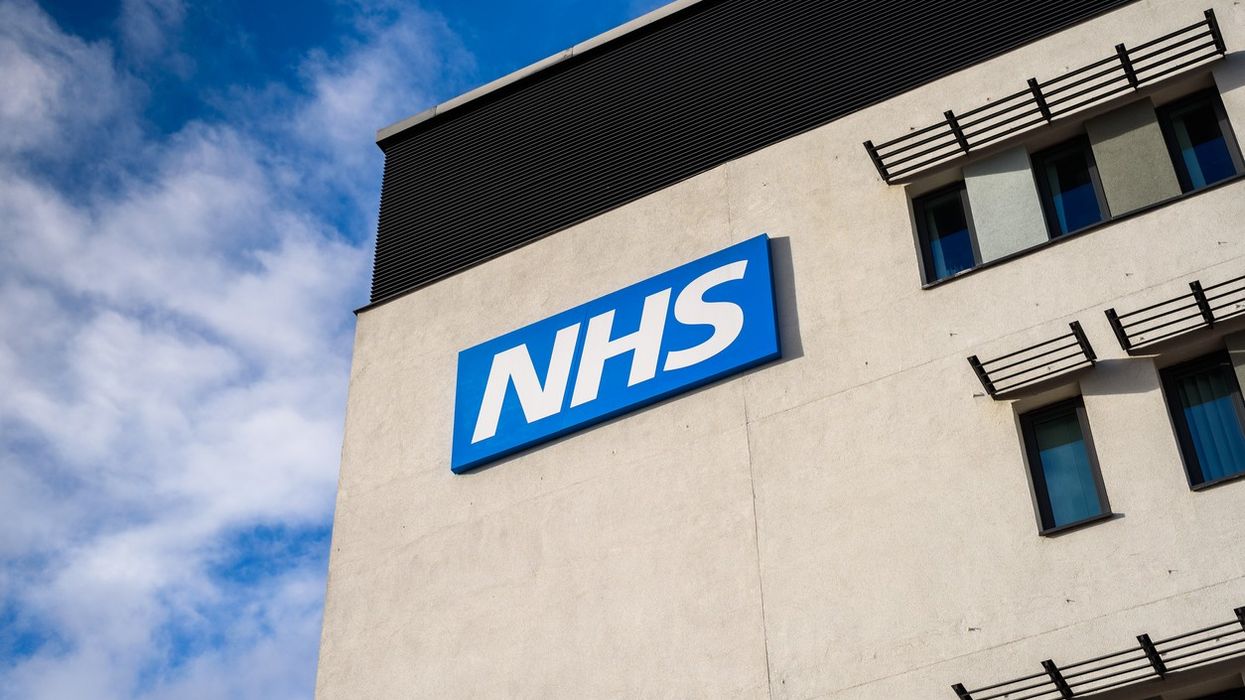Health secretary Wes Streeting’s request for an additional £1 billion for the NHS to fund pending redundancies has been rejected by the Treasury.
Streeting had hoped to utilise the emergency fund to pay 18,000 employees, who stand to lose their jobs.
Instead, chancellor Rachel Reeves has agreed to allow the Department of Health and Social Care (DHSC) to overspend its allotted budget by about £1bn this financial year to cover the cost of pay-offs.
Streeting had tried to persuade the Treasury to grant additional funding to enable the NHS to trim administration staff at the country’s 42 integrated care boards (ICBs), which plan the health service for specific regions.
NHS England, the Department of Health and Social Care, and the Treasury were holding discussions over how to pay for the £1 billion one-off bill for redundancies.
The £1 billion would also fund the staff cuts due by December and cover payoffs for some NHS England employees, ahead of its merger with the Department of Health in 2027.
As the job cuts result in savings in future years, the NHS will be expected to recoup the costs further down the line.
Reeves has, however, managed to safeguard NHS funding with a record £29 billion boost.
She ensured £10 billion for technology upgrades, training thousands more GPs, and adding 700,000 extra urgent dental appointments each year.
Around 100 community diagnostic centres are already functioning, with more surgical hubs performing thousands of extra operations to ease the burden on hospitals.
This announcement comes ahead of next week’s Budget, which will focus on cutting waiting lists, cutting the national debt and cutting the cost of living, and driving more productive and efficient use of taxpayers' money by rooting out waste in public services.
However, RPS chair in England Tase Oputu has expressed concern about the proposed ICB staff cuts.
“Pharmacists and pharmacy teams are essential to delivering the ambitions of the 10-Year Health Plan. However, the Government’s announcement of the go-ahead for significant cuts to Integrated Care Boards raises profound concerns about the sustainability of our workforce, the well-being of medicines optimisation staff, and ultimately, the safety and quality of patient care.
“Pharmacists and their medicines optimisation teams within ICBs are integral to achieving medicines value and improving population health at a local level. The Government’s vision for ICBs to lead strategic commissioning is inseparable from the role of medicines optimisation, which ensures that every decision on medicines supports better outcomes, safety, and cost effectiveness.
“Removing or diminishing this function risks eroding the very foundation that enables patients to receive the right medicines, at the right time, in the right way. These roles are not ‘unnecessary bureaucracy’ or ‘administrative posts’; they are essential to delivering system-wide efficiency and equity in care.”
Sir Jim Mackey, NHS England CEO, said, “This is good news for NHS staff and patients – allowing our organisations to move forward and provide greater certainty about the future for all our staff and leaders.
“It will free up resources to invest in frontline services and reduce unnecessary bureaucracy that slows us down and gets in the way of improving care.
“The NHS will continue to focus on the practical challenges ahead. We are pulling out all the stops to support the service through winter, making progress on elective and urgent, and emergency care targets.”
Reacting to this development, NPA chief executive Henry Gregg said, “We’re strongly in favour of diverting funding to the front line of care in our communities.
“Despite a funding increase in the Spring, pharmacies are still facing the legacy of historic underfunding that has closed thousands of pharmacies.
“There is a huge opportunity to increase healthcare for people in pharmacies on their doorstep with modest investment.
“That will ease pressure across the NHS, unlock GP and hospital appointments and make it easier for people to get fast treatment and health advice to prevent disease.”













